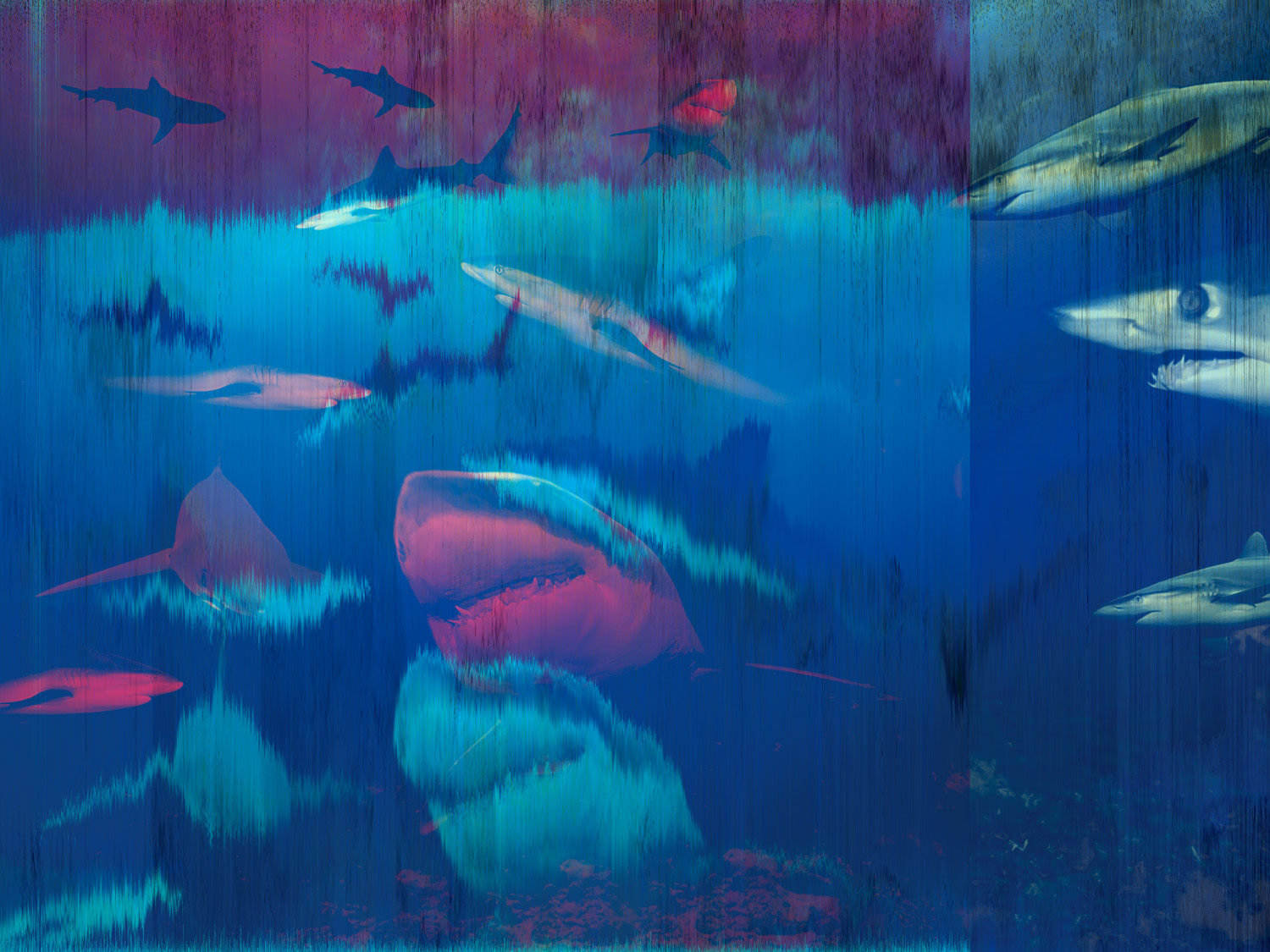
Following the fall of Muammar Gaddafi’s regime last year, photographer Jehad Nga set out to explore the former dictator’s political and military philosophies within the framework of an underlying and contrasting Libyan culture. Here, Nga he writes for LightBox about his project, The Green Book, which depicts the conflicting values of reality through gathered images broken down into binary code.
The Green Book, first published in 1975, is a short tome setting out the political philosophy of former Libyan leader Muammar Gaddafi. Intended to be required reading for all Libyans, the 24 chapters were constructed simply, containing broad and basic slogans rendered in a rudimentary writing style easy to understand by all. Gaddafi claimed to have developed the book’s theories in order to resolve many contradictions inherent in capitalism and communism thereby—by his logic, freeing its citizens from bondage of both systems. The book, however, proved for most to be nothing more than an inane manifesto used to further reduce the value of a population’s role in the building of a society.
During the revolution that finally brought Gaddafi’s reign to an end last October, it was common for the intelligence arm of the government, in its heightened state of awareness, to target people attempting to traffic information out of the country.
Employing the similar technological principles, I used a satellite adjusted to intersect varying levels of Internet traffic flow transmitted over Libya. An assigned command allowed for the satellite to look only for photographs and disregard all other associated data traffic.
Without any distinguishable narratives, the constant stream of communication I captured visually grew over time to resemble a hyper-realized paradise, where the borders between the natural and supernatural had been washed away. From the ebb and flow of images being sent between people—the population’s naked, unedited psyche rendered visual—I harvested 24 representative images.
Once the images were captured, I wanted to further explore the meaning of my action. I first reduced each image to its most basic structure, binary code, which singled it out from the other billion bits of data shooting through the sky. This conversion exposed each image’s digital “cell structure”—millions of algorithms mathematically, miraculously unified to produce something of beauty. Code is built in layers, each with a metaphor constructed by its programmer to enact and describe its behavior. Reducing an image to pure binary data strips it of any individual identity, any protection, and any premise.
I was able to exploit this frailty—the structural weakness of each image—by introducing new information into its binary data. Each chapter of The Green Book was introduced into the code structure of each photo, threatening to break the image file past the threshold of recognition. Sometimes the new data caused the complete collapse of the image structure. When my experiment was successful, the text at once contaminated the image and created something new.
The final product is a depiction of how something with “genetic predisposition,” something rigid and fixed, struggles to coexist with additional textual information. The conflicting “values” are evident in the distorted and augmented reality presented by the photographs.
Taken as a whole, The Green Book Study, a collection of 24 images that carries with it Gaddafi’s three-volume manifesto in its entirety, becomes an method for evaluating the process of which a society’s human structure becomes distorted and at time fully collapsed by a command line of one totalitarian vision.
Jehad Nga is a New York-based photographer. LightBox has previously featured Nga’s work about his Libyan roots as well as a photo essay on the world’s biggest refugee complex.
The project will be showing at the Bonni Benrubi Gallery in New York and the M+B Gallery in Los Angeles.
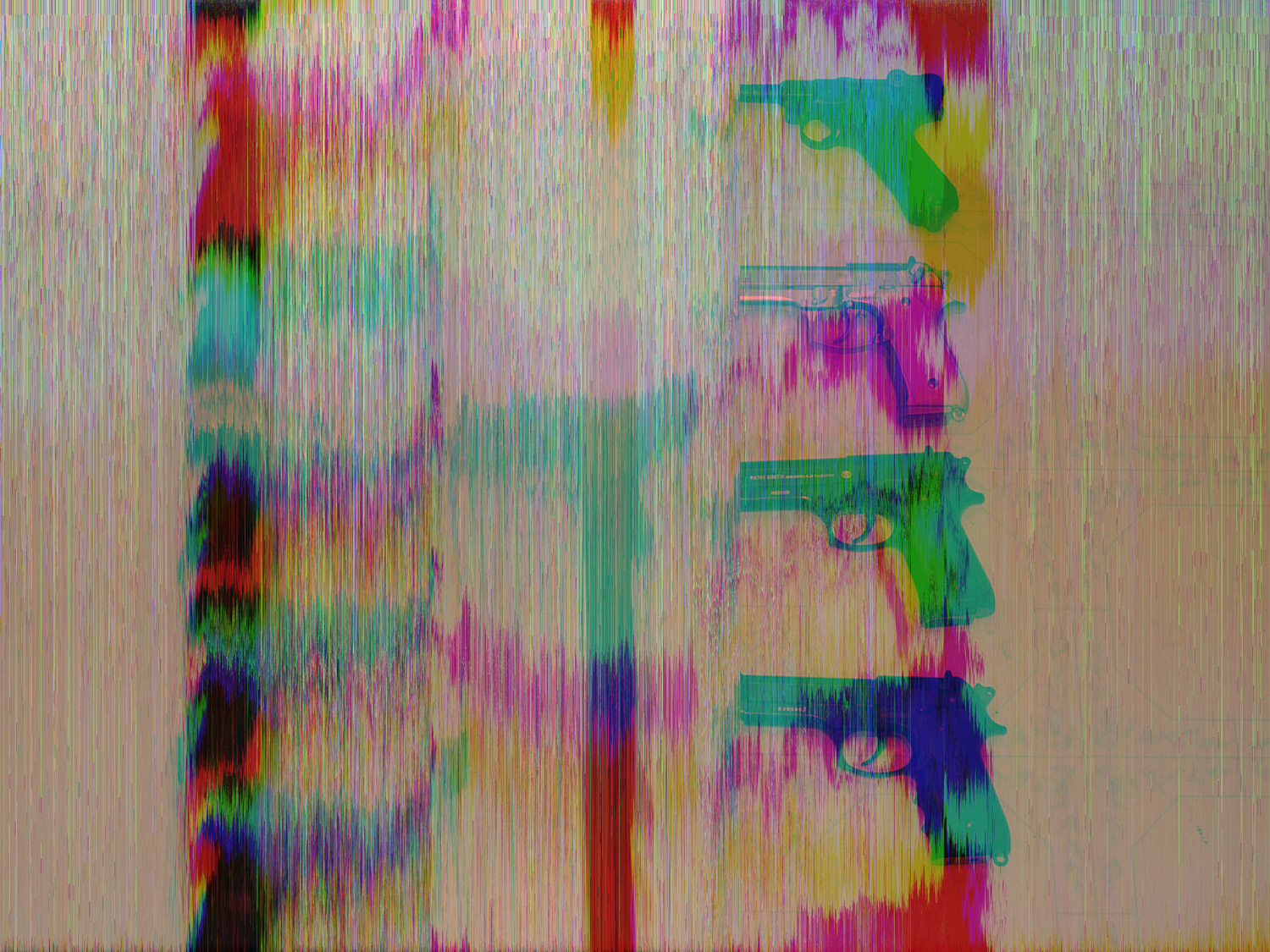
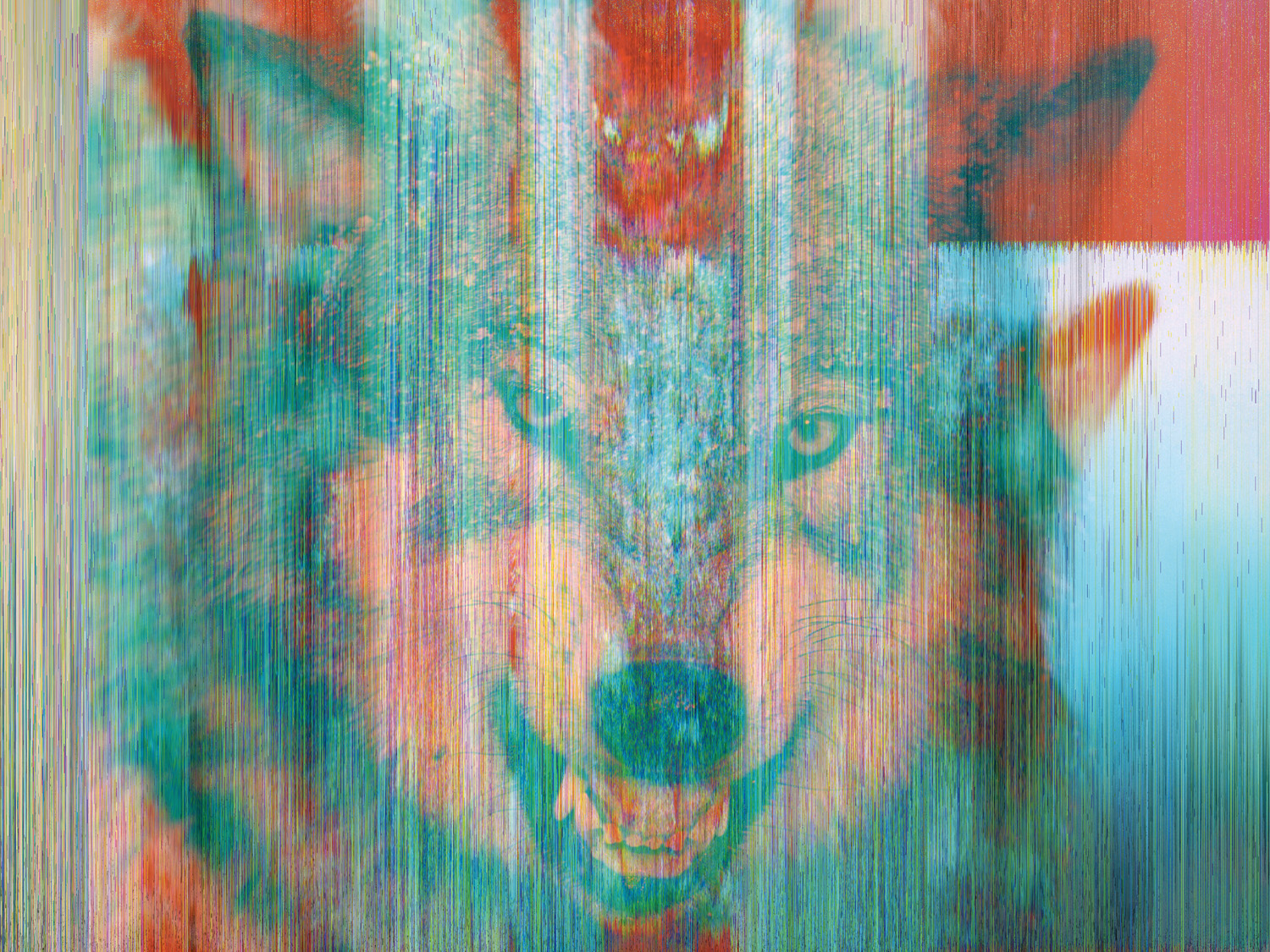
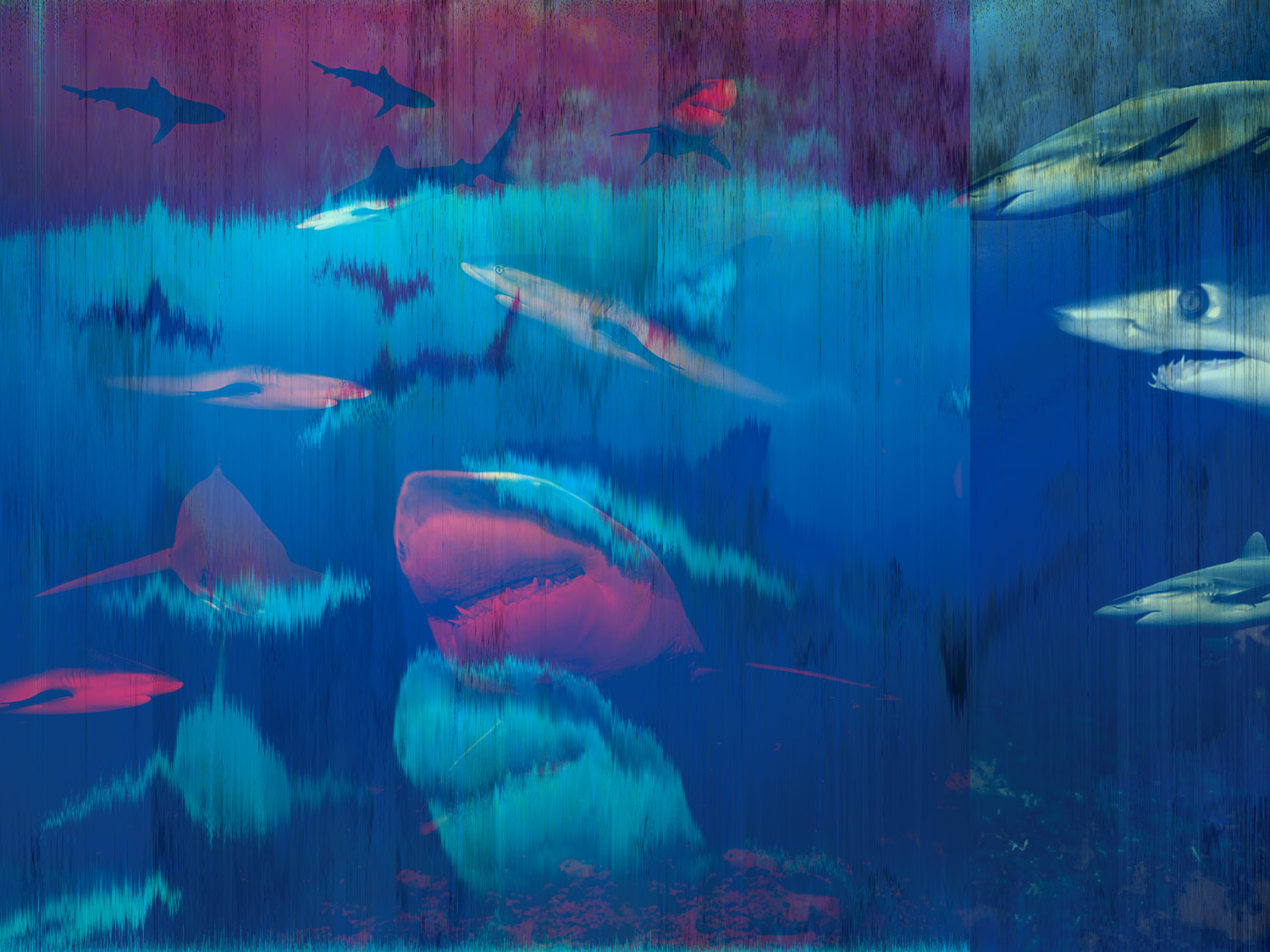
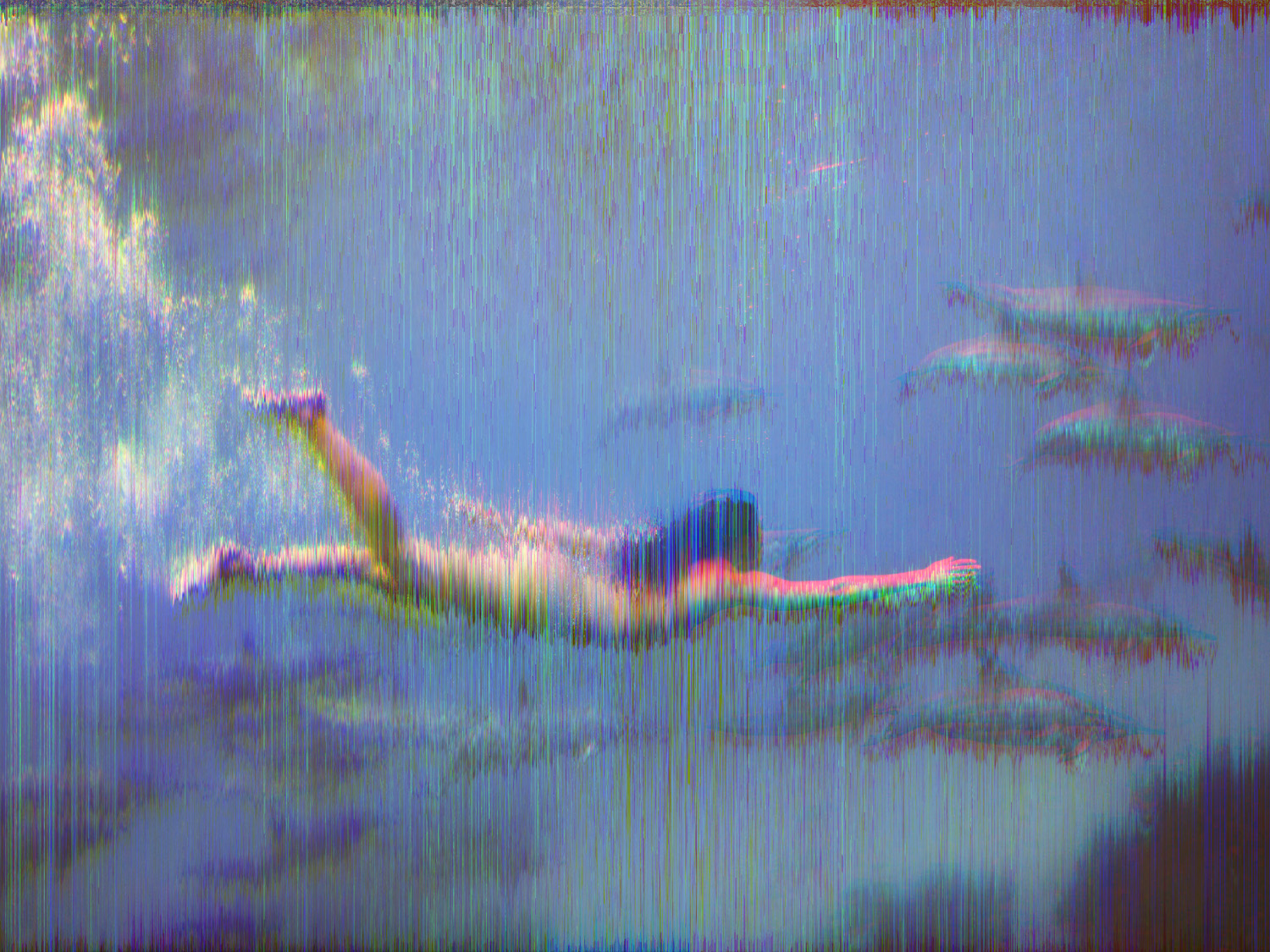
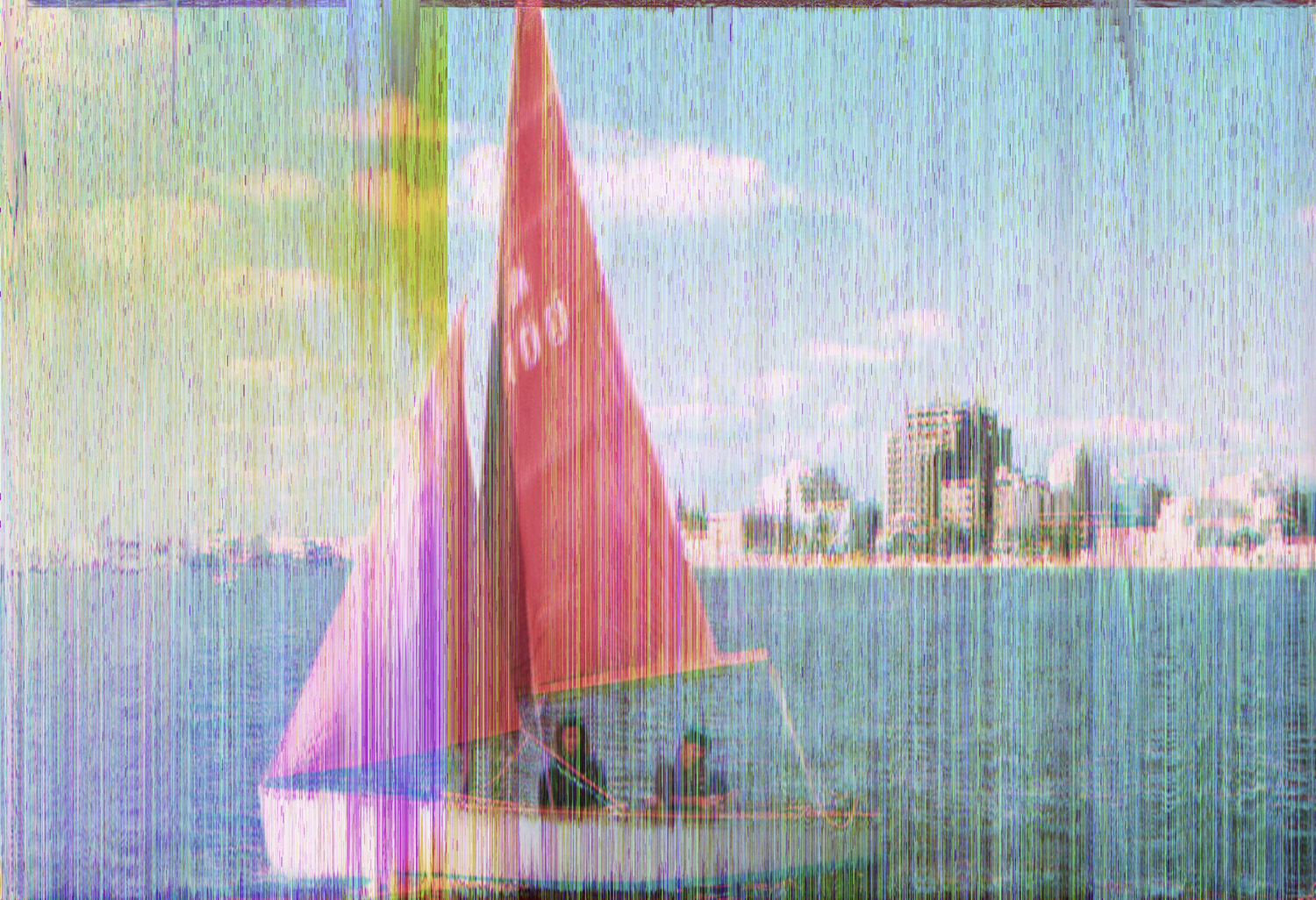
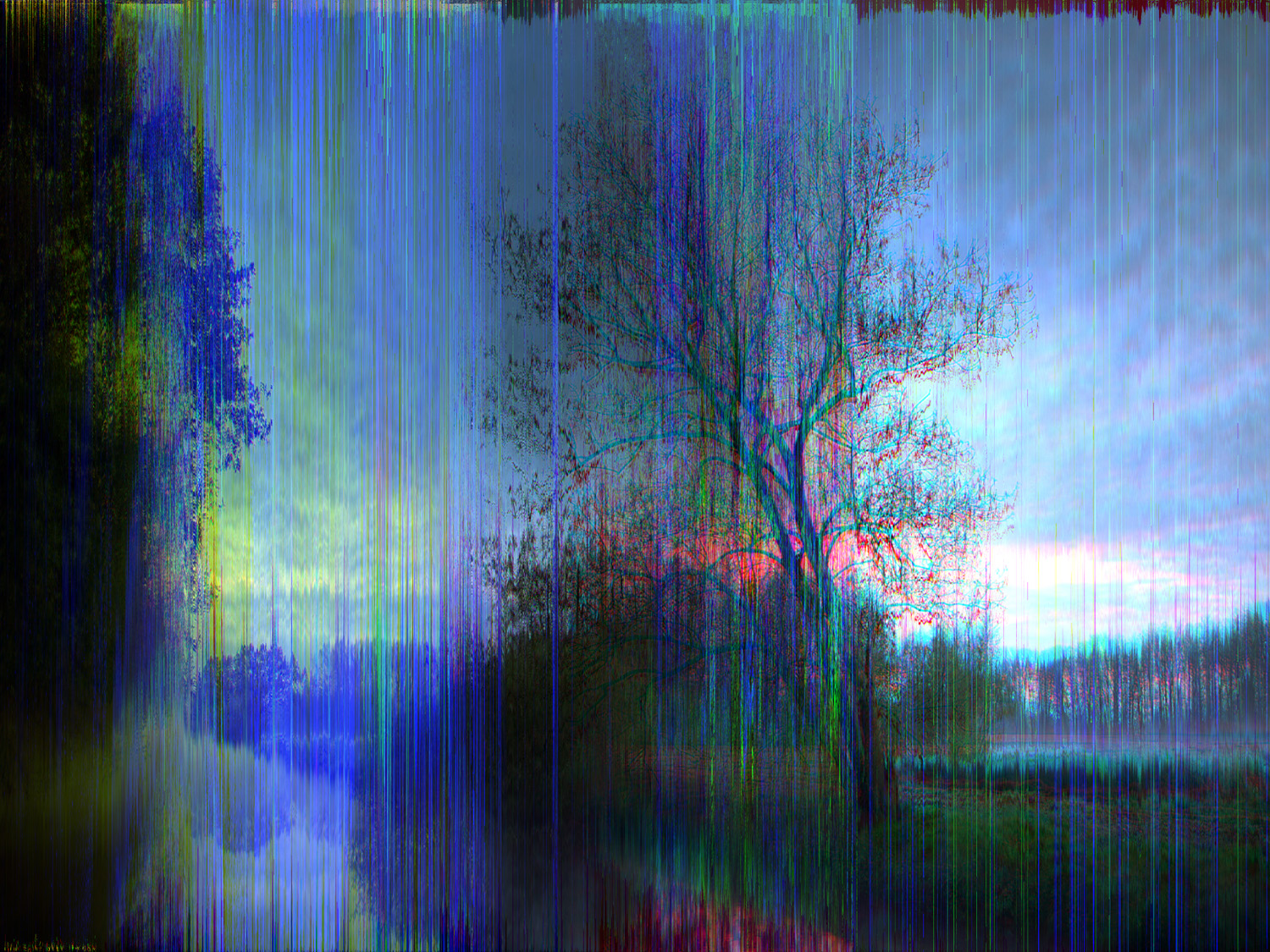
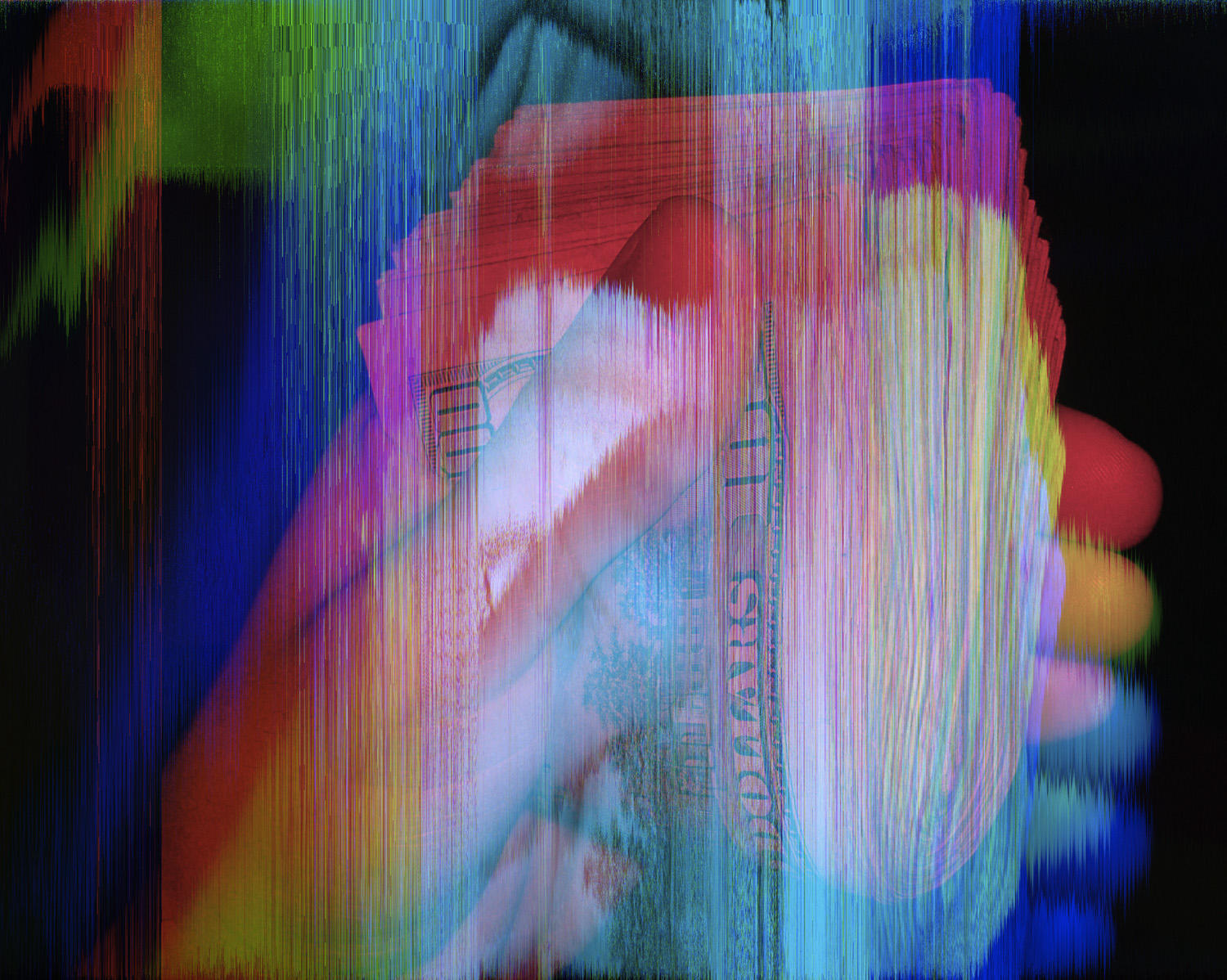
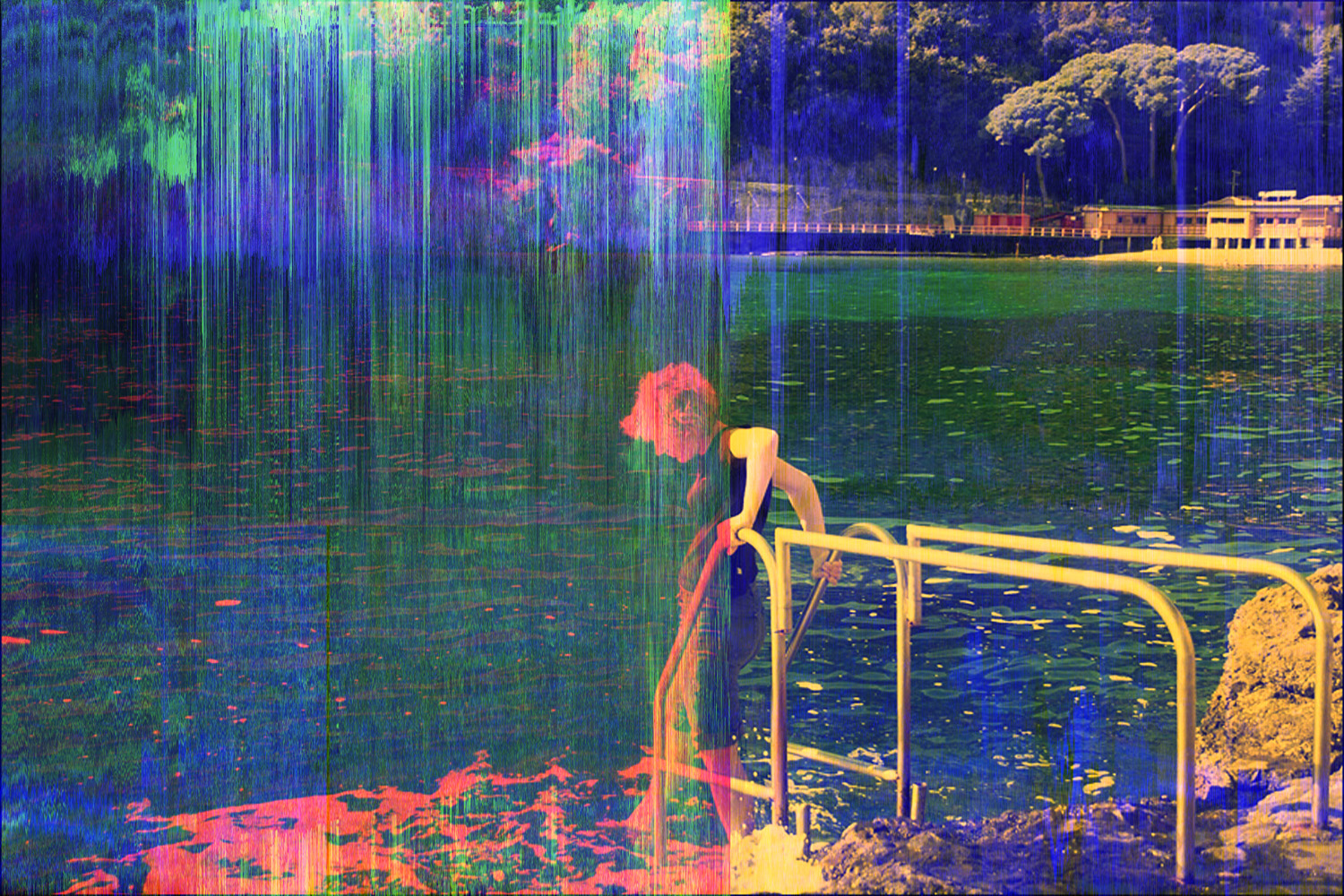

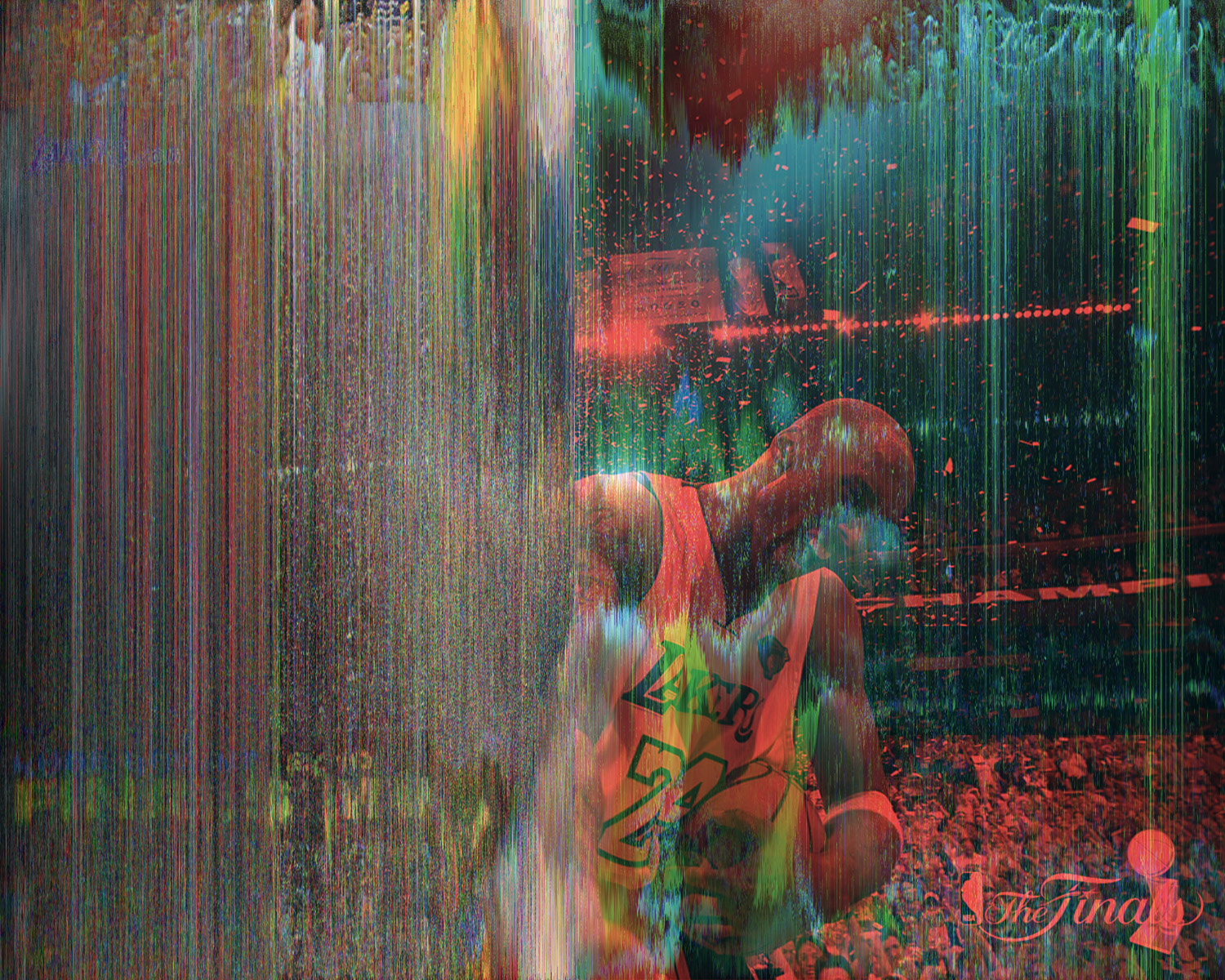
More Must-Reads from TIME
- Donald Trump Is TIME's 2024 Person of the Year
- Why We Chose Trump as Person of the Year
- Is Intermittent Fasting Good or Bad for You?
- The 100 Must-Read Books of 2024
- The 20 Best Christmas TV Episodes
- Column: If Optimism Feels Ridiculous Now, Try Hope
- The Future of Climate Action Is Trade Policy
- Merle Bombardieri Is Helping People Make the Baby Decision
Contact us at letters@time.com